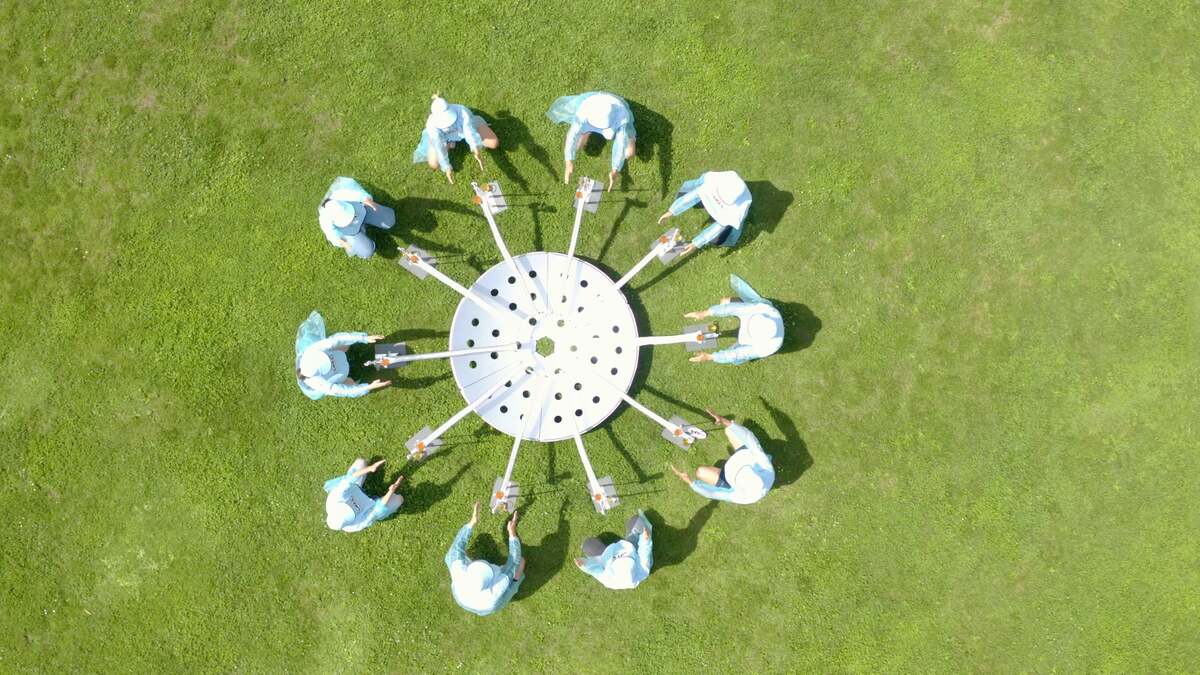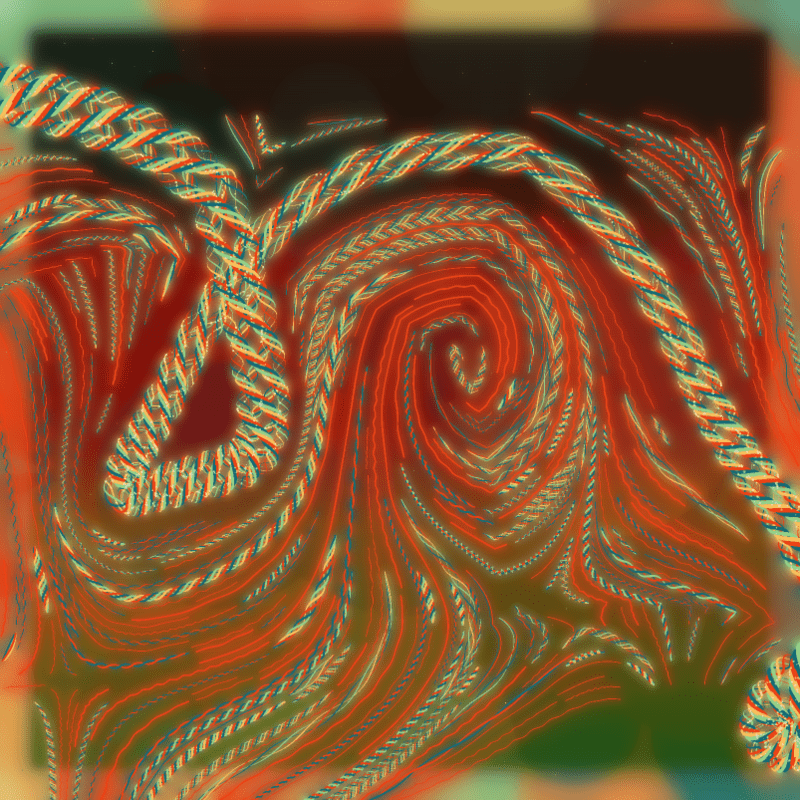Ras Alhague & Jamie Faye Fenton
The two glitch practitioners compare notes about their creative journeys and communities, both online and offline.

In this virtual studio visit, Vienna-based artist and researcher Mary Maggic joins Outland to talk about their ongoing work exploring molecular biopower. For Maggic, biohacking can be thought of as a “xeno-feminist practice of care,” drawing on the ideas laid out in the anonymously written Xenofeminist Manifesto: A Politics for Alienation (2014). Maggic suggests that experimenting with biotechnology is a way of helping us come to terms with, and imagine new possibilities for, the polluted bodies and world we inhabit.
Speaking to community manager Wade Wallerstein, Maggic discusses several key works, beginning with Open Source Estrogen—an interdisciplinary research project focusing on the estrogen hormone molecule which they completed for their master’s thesis at the MIT Media Lab in 2015. Since then, Maggic’s personal experiences of undergoing kinesiology treatment has led to an increased focus on somatic practice in their work, as in the 2019 participatory performance Molecular Queering Agency. Maggic also talks about their current research into ideals of physical fitness and the molecules found in sweat.
